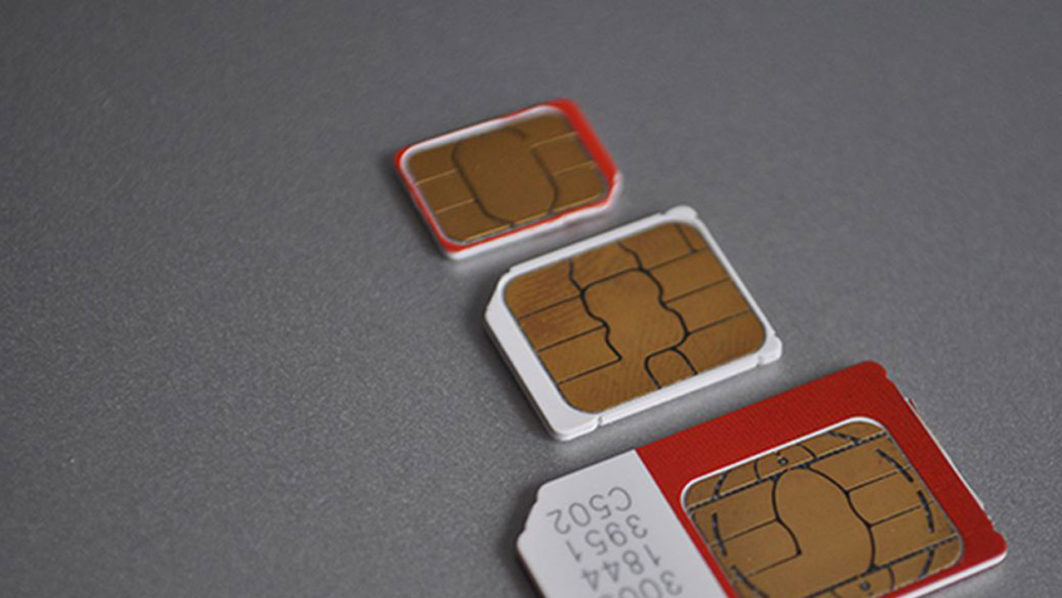NIM-SIM linkage and citizens’ privacy
- Editorial of The Guardian Newspaper
As Telecommunications operators in the country brace up to obey the Federal Government’s directive to bar Subscribers Identification Module (SIM) cards that are not linked to National Identification Number (NIN), a problem that lingers is about privacy of the citizens.
This followed government’s recent approval allowing security agencies access to the details of personal information of Nigerians in government’s official record. Specifically, sometime in February, President Muhammadu Buhari was reported to have given approval to some security agencies to have access to the data base of the National Identity Management Commission (NIMC) in the course of carrying out their duties.
This has ignited another debate among citizens and Civil Societies Organisations (CSOs) in addition to the controversies generated by the compulsory linkage of NIN with SIM) on all telecoms networks.
The controversy over NIM-SIM linkage centred on the proprietary of the action, the motives of government and whether there ought to be a deadline for the linkage.
Hence, the reported approval by the President has raised the fear about government’s real motive: is it about security concern or a move to monitor citizens’ actions and stifle independent thoughts, an eerie reminder of George Orwell’s Big Brother?
The Socio-Economic Rights and Accountability Project (SERAP), a civil Society Organisation has challenged government’s move and this could be a step in the right direction, given the sensitivity of issues pertaining to privacy, a fundamental right guaranteed by the Constitution.
In a suit filed at the Federal High Court, Lagos, SERAP asked the court to determine whether the approval for security agencies to access people’s personal details via the NIN without due process “is consistent with the principles of legality, necessity, and proportionality.”
SERAP averred that “the right to privacy allows Nigerians to hold opinions and exercise freedom of expression without arbitrary or illegal interference or attacks.”
The beauty of this legal challenge is that it keeps the government on its toes against arbitrary actions knowing that their actions can be challenged in an increasingly litigious Nigerian polity. Again, it is a soft reminder to the citizens that they have the liberty to challenge government actions that they are not comfortable with in a court of law.
But beyond the above merits is the need for transparency, due process and accountability in the conduct of governmental affairs. Increasingly, nations have witnessed situations where security has become a bogey word for the perpetration of crimes against humanity by agents of governments.
To paraphrase British essayist, Samuel Johnson, security, like patriotism, has become the last refuge of every scoundrel in government. In this country, government has had occasion to declare that individual rights are subsumed under the ambience of “national security”
The fear of possible misuse of the power of access to personal details is justifiable in the light of pronouncements by government official at the highest echelons. The nation has heard statements about speaking to a section of the country in the violent language they understand.
We have seen laws promulgated to punish citizens whose statements embarrassed government and its officials regardless of the truthfulness of such statements. Nigeria has witnessed arbitrary closure of media houses, unresolved deaths and harassment of journalists.
Even the handling of the NIN-SIM linkage by the ministry was called to question by CSOs and other concerned citizens. Pronouncements by the Minister of Information and Culture, Lai Mohammed on the challenges of the social media are riddled with intolerance and a seeming desire for a total clampdown on dissent.
Suspicious and draconian bills surfaced at the National Assembly all aimed at stifling the freedom of expression and of the press. Given this background, it becomes difficult to trust the actions of government as far as the guarantee of the right to privacy is concerned. It could easily be construed as another ploy to stifle the rights and privileges of the citizen.
As noted by SERAP, unlawful or arbitrary access to people’s personal details would contravene section 37 of the Nigerian Constitution, Article 17 of the International Covenant on Civil and Political Rights and Article 5 of the African Charter on Human and People’s Rights, which protect against arbitrary or unlawful interference with one’s privacy.
SERAP also noted that violations or abuses of the right to privacy might affect the enjoyment of other human rights, including the right to freedom of expression and to hold opinions without interference.
Basically, failure to guarantee the safety and wellbeing of the citizenry by government is at issue here. If the government demonstrates the will and capacity to tackle security challenges of the country, pay attention to the welfare of the people and guarantee freedom of expression, it will be easier to mobilize citizens for collective action.
In a situation where the government is perceived to be failing in these fundamental responsibilities, every action will be viewed with the prism of suspicion. Government must do more and with the seriousness required.
The first step is to ensure that all actions can stand the scrutiny of legality, openness and fairness and would not trample on citizens’ rights. This surreptitious approval of access to citizens’ private data does not seem to meet these standards hence the need to challenge it legally.
https://guardian.ng/opinion/nim-sim-linkage-and-citizens-privacy/

